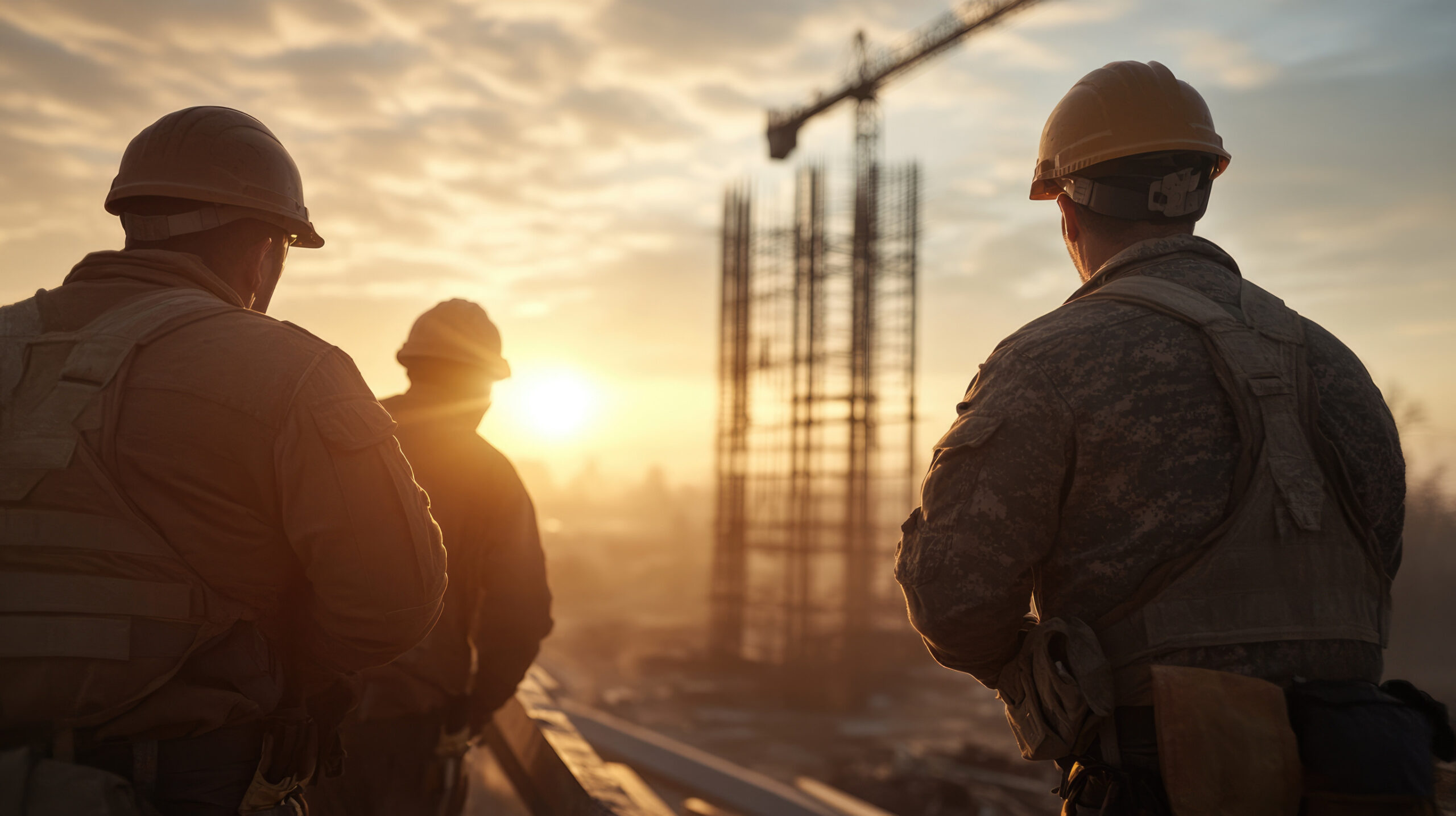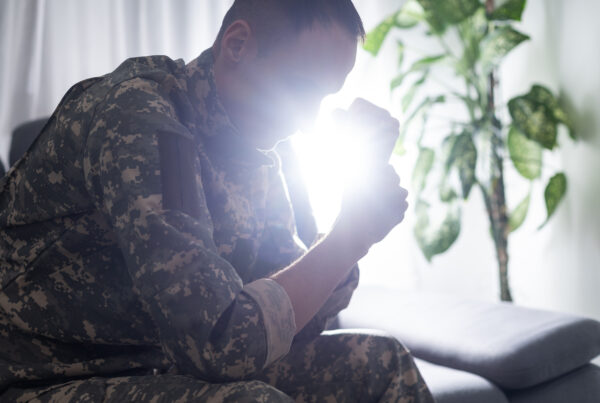”Question: What is the OSHA Safe and Sound observation and how can it it support my community?
Reading time: 6 Minutes
MWi Hack:
- Prioritize sleep as your primary weapon against workplace accidents—just like OSHA’s Safe and Sound Week emphasizes proactive hazard prevention, military personnel who get adequate recovery sleep (7+ hours) reduce their accident risk by up to 25% and perform at peak readiness levels.
MWi Summary:
- OSHA’s Safe and Sound Week focuses on workplace safety through proactive hazard prevention, with recovery being essential for accident reduction and operational readiness.
- Military Recovery Crisis: 76% of military personnel get inadequate sleep (less than 6 hours), contributing to 628 Army accidents and 32 deaths in 2014 alone, with fatigue impairing performance equivalent to alcohol intoxication.
- Recovery = Safety: Adequate sleep (7+ hours) serves as the foundation for workplace safety by restoring cognitive function, reaction time, and decision-making abilities—preventing up to 25% of combat effectiveness losses.
- Evidence-Based Strategies: Sleep banking (accumulating extra sleep before demanding periods), strategic napping, environmental optimization, and reverse PT schedules can increase unit sleep from 5-6 hours to 8+ hours nightly.
- Community Support Role: Communities can enhance military safety by advocating for recovery policies, supporting research, educating Veteran employers, and creating Veteran-specific sleep disorder resources that directly impact workplace accident prevention.
Understanding Safe and Sound Week’s Recovery Focus
OSHA’s Safe and Sound Week is a nationwide event held each August that recognizes the successes of workplace safety and health programs and offers information and ideas on how to keep America’s workers safe. In 2025, Safe and Sound Week will be observed in August, with this year’s focus on emergency preparedness and response. The initiative emphasizes three core elements: management leadership, worker participation, and systematic approaches to finding and fixing workplace hazards.
At its heart, Safe and Sound Week recognizes that workplace safety depends on workers’ ability to perform at their best. This requires adequate recovery—both physical and mental—between work periods. Successful safety and health programs can proactively identify and manage workplace hazards before they cause injury or illness, improving sustainability and the bottom line. For military personnel, recovery isn’t just about individual wellbeing; it’s a critical operational requirement that directly impacts mission success and force readiness.
The Recovery Crisis in Military Operations
Recovery encompasses the body’s natural processes of restoration, repair, and regeneration that occur during rest periods. In military settings, inadequate recovery has reached crisis proportions, creating cascading effects on safety, performance, and operational readiness. The most critical component of recovery—sleep—has been chronically compromised across all service branches.
For over a decade, Department of Defense surveys have found that the majority of service members report sleeping less than 6 hours a night—despite DoD recommending 7 or more hours for optimal recovery. This chronic recovery deficit has devastating consequences that extend far beyond individual fatigue. Recent analysis of 2014 Army data revealed that fatigue was a contributing factor in 628 Army accidents and 32 deaths, demonstrating the direct link between inadequate recovery and workplace safety.
The scope of the recovery problem is staggering. While 37% of civilians regularly don’t get their recommended minimum of seven hours of sleep per night, for military personnel, that number climbs to 76%. During high operational tempo periods, which occupy nearly half of their time in combat, service members report receiving only 4 hours of sleep daily—severely compromising their recovery capacity.
The operational impact is immediate and measurable. Studies indicate that when soldiers get fewer than four hours of sleep per night, it reduces their effectiveness in combat by 15% to 25%. Navy data shows that after prolonged periods without adequate recovery, sailor performance was impaired at levels comparable to intoxication. This demonstrates how recovery deficits create workplace hazards equivalent to substance impairment.
Understanding Recovery’s Role in Workplace Safety
Recovery serves as the foundation for workplace safety by restoring cognitive function, physical coordination, and decision-making capabilities. Poor sleep has been associated with impaired reaction time, poor judgment, accidents and low morale. Brain deactivation, especially in the parts of the brain that support judgment, thinking skills and alertness, are characteristics of fatigue from a lack of recovery.
In aviation, one of the military’s most safety-critical operations, inadequate recovery poses exceptional risks. Fatigue has been identified as the probable cause of 21–23% of major aviation accidents investigations. The landing phase has been identified as a risk factor for the occurrence of aviation accidents, when recovery-impaired personnel struggle with the complex cognitive demands of aircraft operations.
The military’s 24-hour operational requirements make recovery management particularly challenging. Night shift work can lower skeletomuscular strength, increase cardiovascular stress, and increase inflammation — all of which can increase a service member’s risk of injury. These physiological changes directly compromise workplace safety by reducing physical capabilities and increasing accident susceptibility.
Comprehensive Recovery Strategies for Military Personnel
Effective recovery management requires a systematic approach that addresses multiple components of restoration. Sleep forms the cornerstone of recovery, but comprehensive strategies must also address stress management, physical restoration, and cognitive recovery.
Sleep as the Foundation of Recovery
Sleep serves as the primary recovery mechanism, during which the body repairs tissues, consolidates memories, and restores cognitive function. Military research has identified several evidence-based approaches to optimizing sleep recovery despite operational constraints.
Sleep banking represents one promising strategy—accumulating extra sleep before periods of expected deprivation. While not a long-term solution to chronic sleep loss, banking sleep provides immediate benefits that can improve soldiers’ effectiveness during missions. Getting more sleep than usual (such as 10 hours) improves alertness and performance during subsequent periods of sleep restriction.
An evaluation study in an active duty unit demonstrated remarkable results. A reverse physical training schedule combined with sleep banking increased a unit’s average sleep from five to six hours to over eight hours nightly. The study found improved performance, measured as gunnery scores, as well as better moods, greater motivation and more energy in the Soldiers. Crucially, the leadership reported higher morale and there were no accidents or injuries reported during the study period.
Strategic Recovery Planning
Due to operational demands, military personnel often cannot achieve continuous seven-hour sleep periods, making strategic recovery planning essential. This includes optimizing napping strategies, as napping has been shown to lower heart rate and improve memory in athletes, suggesting similar benefits for military personnel.
Environmental optimization plays a crucial role in recovery quality. Military personnel are often subject to abnormal lighting that may disrupt circadian rhythms. Creating recovery-conducive environments, even in challenging military settings, requires managing lighting exposure, reducing noise pollution, and establishing consistent recovery spaces when possible.
Addressing Recovery Barriers
Cultural attitudes within the military have historically undermined recovery priorities. Health officials believe the military has historically accepted, if not prided itself on, functioning on suboptimal amounts of sleep. However, recognizing recovery as an operational imperative rather than a luxury represents a fundamental shift in military culture.
Nearly 80% of surveyed officers reported they had not been briefed on a sleep management plan during their most recent deployment, despite Army policy requiring such plans. This gap between policy and implementation highlights the need for systematic recovery management programs.
Through our responsive content and dedicated support, MWi continues to serve the modern military and Veteran community by providing relevant, practical strategies for enhancing connection and wellness. Click below to see more articles:






